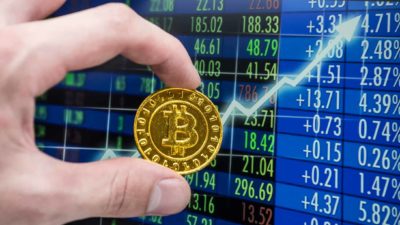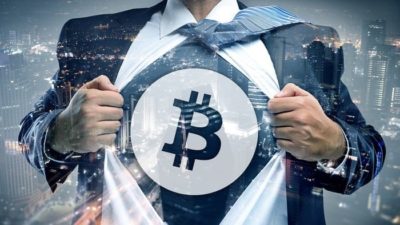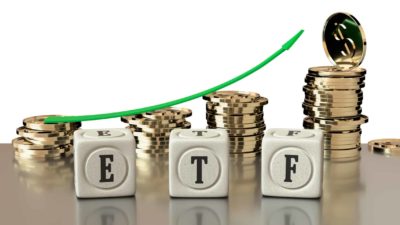Should ASX investors allocate 3% of their portfolio to Bitcoin (CRYPTO: BTC) and Ethereum (CRYPTO: ETH)?
According to a growing number of billionaires, investors should at least consider that. Though looking at today's price action, investors who've yet to dip their toes into the crypto markets are likely pleased they've held off.
Cryptos tumbling into the red
Bitcoin is taking a tumble. The world's biggest crypto by market cap is down 5.6% over the past 24 hours, currently trading for US$43,616 (AU$60,494).
It's not just Bitcoin taking a beating though.
Most of the top cryptos are in the red, pulled lower alongside the broader global selloff in tech shares and other risk assets. The selloff looks to be fuelled by concerns the US Fed and other leading central banks will be upping interest rates and slashing bond purchases sooner and more aggressively than most investors had been led to expect.
Ethereum, the world's number 2 crypto, is down an even more dramatic 7.2% since this time yesterday. One Ether is currently worth US$3,529
That's the short-term price action.
Longer-term, we return to our headline question.
Should investors allocate 3% of their portfolio in Bitcoin and Ethereum?
For some insight into that question, we turn to the billionaires.
Namely Interactive Brokers founder Thomas Peterffy, who Forbes reports is worth US$24 billion. And Bridgewater Associates founder Ray Dalio, worth US$20 billion.
Peterffy readily admits he can't predict where Bitcoin, Ethereum and other leading altcoins are heading next. He said, "I think it can go to zero, and I think it can go to a million dollars. I have no idea."
Still, as Bloomberg reports, Peterffy believes, "It's prudent to have 2% to 3% of one's personal wealth in cryptocurrencies, just in case fiat currency goes to 'hell'."
Ray Dalio, who not long ago was a vocal crypto sceptic, now also holds "at least some" Bitcoin and Ethereum in his portfolio. Though we're unsure whether he's hit that 2–3% range recommended by Peterffy. According to Bloomberg, Dalio "views the investments as an alternative money in a world where 'cash is trash' and inflation erodes buying power".








